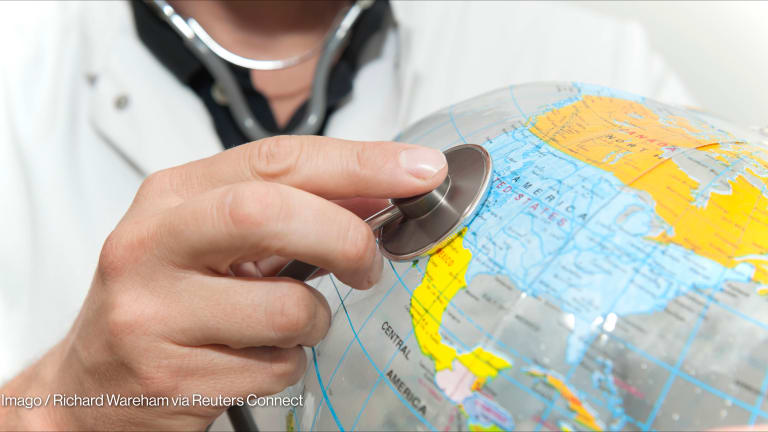The ongoing Ebola crisis in West Africa has of course been one of the buzz topics during #GlobalDev Week in New York, where global health experts and policymakers agreed on the urgent need for stronger health systems in developing countries like those currently affected by the epidemic: Guinea, Liberia and Sierra Leone.
“If ever there was a case for using more of our government aid money to build efficient, smart and reliable comprehensive health systems in countries that don’t have them, this is it,” former U.S. President Bill Clinton said during a conversation in September with a select group of journalists, including Devex.
But addressing health care needs and moving forward with long-term development solutions is a real challenge that all stakeholders within the aid community are grappling with.








